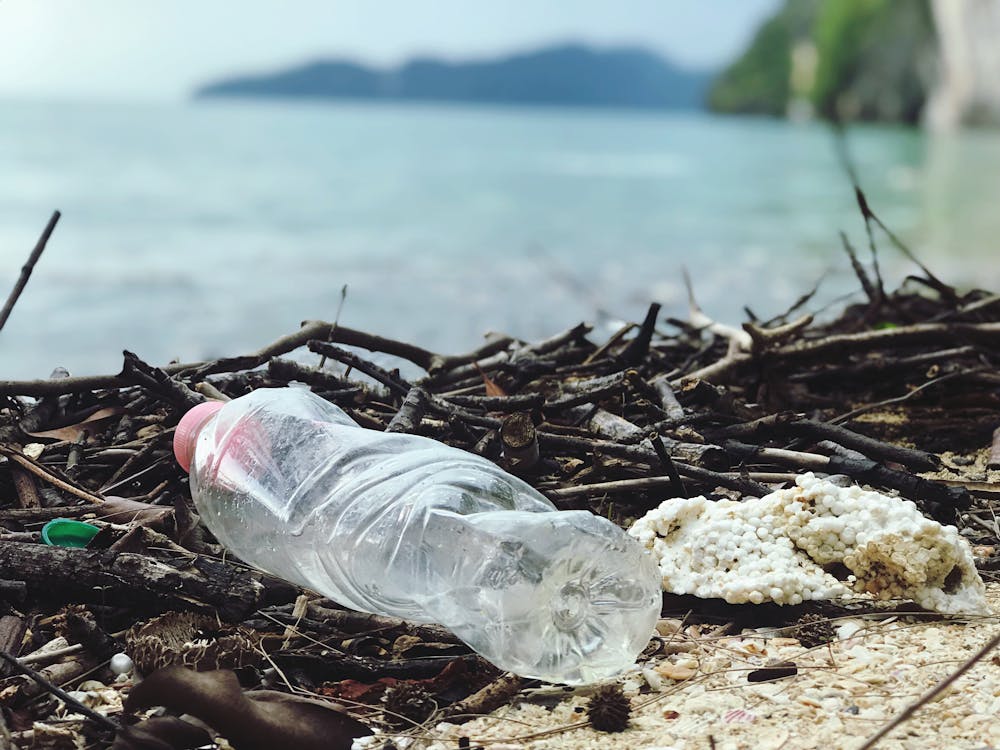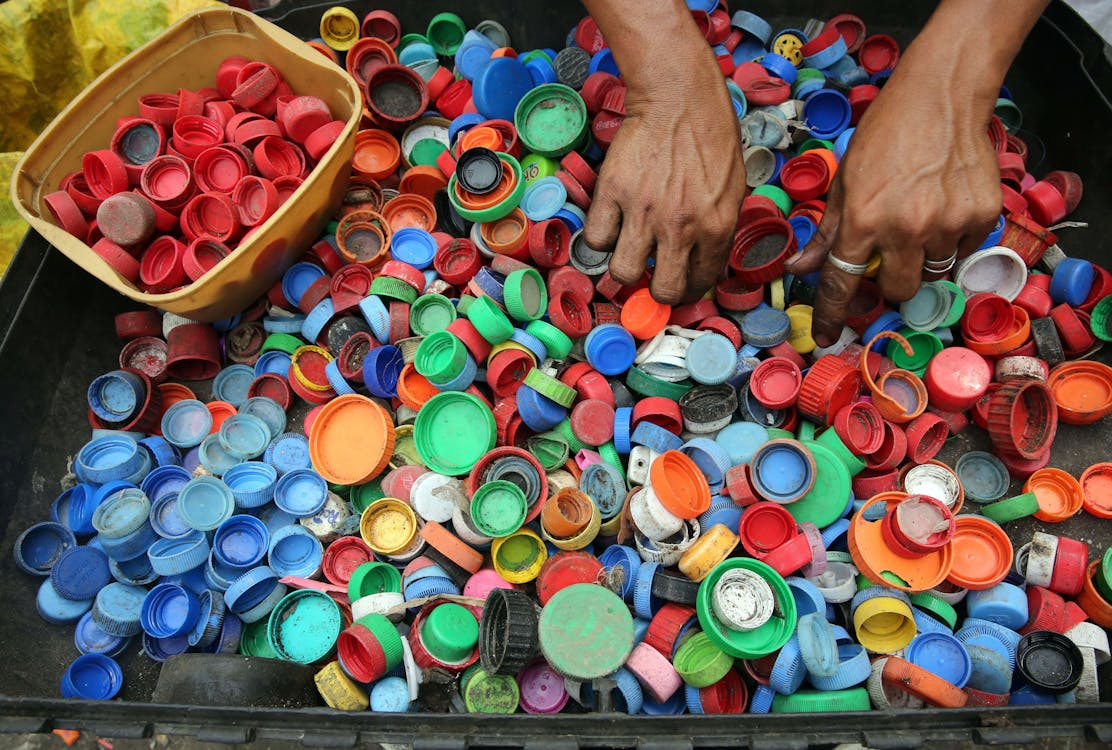The Impact of Plastic Pollution and How to Combat It
Plastic pollution has become one of the most pressing environmental issues of our time. With millions of tons of plastic waste entering our oceans, waterways, and ecosystems each year, the need for effective solutions is more critical than ever. In this article, we'll explore the far-reaching impacts of plastic pollution and discuss practical ways we can all help combat this global problem.
Understanding Plastic Pollution

Plastic pollution occurs when plastic products accumulate in the environment, posing serious threats to wildlife, marine life, and human health. These plastics can take hundreds of years to decompose, leading to long-lasting contamination.
Sources of Plastic Pollution
- Single-Use Plastics: Items like plastic bags, straws, and bottles are used briefly but remain in the environment for centuries.
- Microplastics: Tiny plastic particles, often from broken-down larger plastics or synthetic clothing fibers, infiltrate ecosystems and food chains.
- Improper Waste Management: Inefficient waste disposal and lack of recycling infrastructure lead to significant amounts of plastic waste escaping into nature.
The Environmental Impact
Marine Life and Ocean Health
One of the most visible impacts of plastic pollution is on marine life. Sea creatures, from tiny plankton to large whales, ingest plastic debris, mistaking it for food. This ingestion can lead to starvation, poisoning, and death. Additionally, marine animals often become entangled in plastic waste, causing injury and fatalities.
Ecosystem Disruption
Plastic pollution disrupts ecosystems by introducing toxic substances. Chemicals from plastics leach into the soil and water, affecting plant and animal life. The presence of plastic can alter habitats and the behavior of wildlife, leading to imbalances that can ripple through entire ecosystems.
Human Health Risks
The impact of plastic pollution extends to human health. Microplastics have been found in drinking water, food, and even the air we breathe. These particles can carry harmful chemicals, which may pose risks such as hormone disruption, reproductive harm, and increased cancer risk.
Combating Plastic Pollution
Reduce, Reuse, Recycle

The three Rs are a fundamental approach to minimizing plastic waste. Reducing our use of plastic products, reusing items whenever possible, and recycling correctly can significantly cut down the amount of plastic entering the environment.
Support Legislation
Advocating for and supporting legislation that limits plastic production and improves waste management is crucial. Bans on single-use plastics, incentives for recycling, and funding for cleanup initiatives are effective measures.
Participate in Cleanups
Community involvement in cleanups can have a direct impact. Beach cleanups, river cleanups, and other local initiatives help remove plastic waste from the environment and raise awareness about the issue.
Choose Sustainable Alternatives
Opting for sustainable alternatives to plastic products can reduce demand and help shift the market towards more eco-friendly options. Using reusable bags, bottles, and containers, and choosing products made from biodegradable materials, are simple yet impactful choices.
Educate and Advocate
Education is key to combating plastic pollution. By informing others about the issue and advocating for sustainable practices, we can collectively drive change. Schools, organizations, and social media are powerful platforms for spreading awareness and inspiring action.
Conclusion
Plastic pollution is a complex and urgent problem, but it is one that we can address through collective effort and commitment to change. By understanding its impact and taking actionable steps to reduce plastic waste, support legislation, and promote sustainable alternatives, we can protect our environment for future generations. Each of us has a role to play in combating plastic pollution—let's start today.
Together, we can turn the tide on plastic pollution and work towards a cleaner, healthier planet.

 Cricket Score Counter
Cricket Score Counter Heads or Tails
Heads or Tails
You have not logged in, please Login to comment.